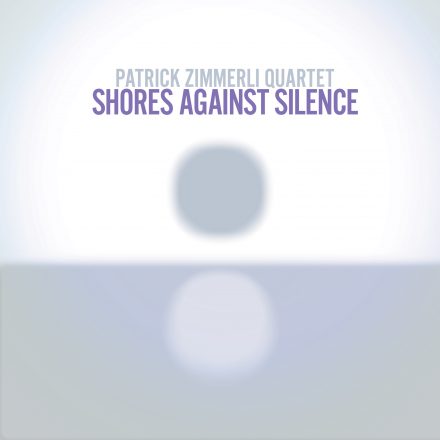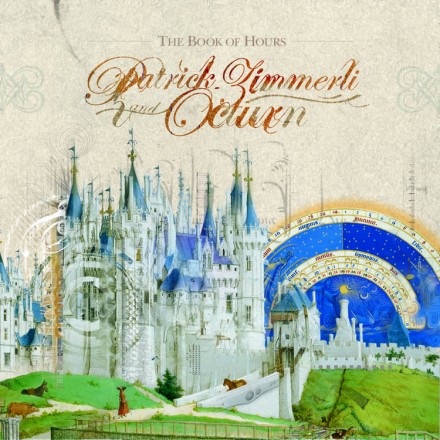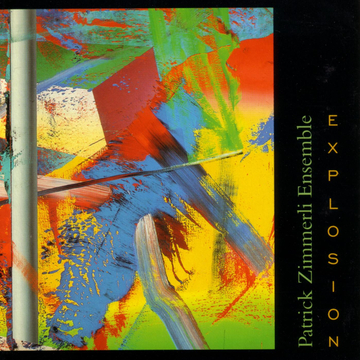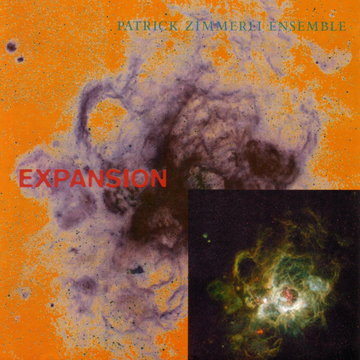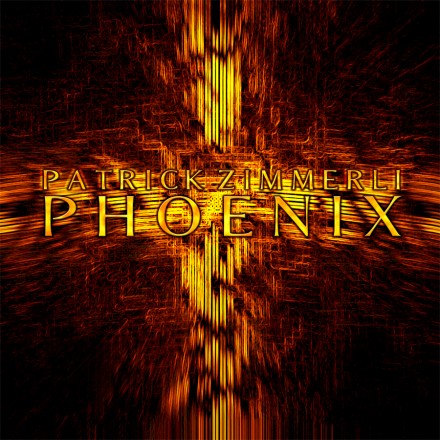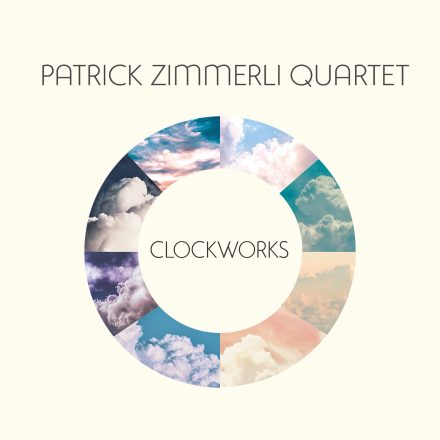Patrick Zimmerli Quartet
Shores Against Silence
SGL 1619-2“…should appeal to a broad spectrum of jazz listeners from straight-ahead to avant-garde…music of great beauty and melodicism…engaging and accessible throughout.”
– Dave Lynch, Allmusic (reviewing The Book of Hours)
This 1992 studio recording of New York saxophonist-composer Zimmerli’s first quartet went unreleased at the time. His first released recording of avant jazz was with his Ensemble (Explosion, Songlines, 1995, followed by three other Songlines titles). Now he has returned to Shores and edited it for release in preparation for recording Clockworks, the suite of music for his new quartet featuring The Bad Plus’s Ethan Iverson (Songlines, 2017). The two sets of music speak to each other in a number of ways, and bookend a period during which Zimmerli stretched the jazz tradition in different directions while simultaneously creating a wide-ranging corpus of classical compositions.
Shores open with “The Paw”, which won first prize in the first BMI/Thelonious Monk Institute composers competition in 1993. Like most of the other pieces on the record it adapts and layers techniques that Zimmerli had analyzed in his studies of twentieth-century composers such as Bartok, Boulez, and Milton Babbitt. You can hear these ideas in the often strange intervals, exotic-sounding melodies and difficult rhythmic structures which the musicians have to negotiate. Zimmerli traces the inspiration for some of the rhythmic features back to Miles Davis’s ’60s quartet, which “played a lot with obscuring forms through a kind of rhythmic approach that took togetherness for granted, where no one had to emphasize the downbeats…” Zimmerli took the approach to an extreme in his own music: “The idea is that the further the instruments could be away from each other, doing totally different things, all the while adhering to an invisible common pulse, the greater sign that they were really listening and feeling things together…The idea of pushing ourselves to our absolute limits is certainly part of why I wrote this music.”
But this is not experimentation for its own sake. The music is always strongly rooted in traditional forms, and even at its most contrapuntally dense or pointillistic it makes use of traditional harmony or extensions of traditional harmony – stated or implied tonal centers that serve as beds for the players to improvise on. The three most original pieces here (“The Paw”, “Three Dreams of Repose” and “Conceptualysis”) “have a very unusual sound, because though they play some heady games, it’s not really about the games or cleverness at all in the end – the technical aspects are subsumed under a real effort to make an artistic statement, to impart an emotional or narrative message. There are concepts at work here, overarching concepts that function on the level of ‘what is this piece of music about’ and what are its intentions (for example: create a line that sounds like it’s slowing down and speeding up over a steady underlying, invisible pulse). The other pieces involve quite a bit of traditional swing…To me Tom Rainey’s sound and feel is very straight-ahead, even though he injects a kind of irreverent, quirky personality into that. Also there’s still a sonic grounding. We care a lot about tone, color, expression here. We may not always be pinpoint accurate in rendering these complex rhythms, but the flip side of that is there’s nothing robotic at all in the interpretations. We’re clearly going for a very soulful, emotionally direct performance.”
As with the best genre-bending works, Zimmerli adds the sparkle and burnish of the new to the modern jazz tradition. Vibrant, lively and urbane, this music is perhaps even more relevant to jazz today than when it was made. The live-to-two track digital recording has been mastered in high-res and sounds very good even by today’s standards.
Zimmerli’s career as a composer of classical as well as classical/jazz hybrid music has gained him worldwide recognition. Since 2011 he has undertaken several recording projects with Nonesuch, composing or arranging music for Brad Mehldau, Joshua Redman, Luciana Souza, and others, including an evening-length suite of music for Redman and strings to be released next year.
